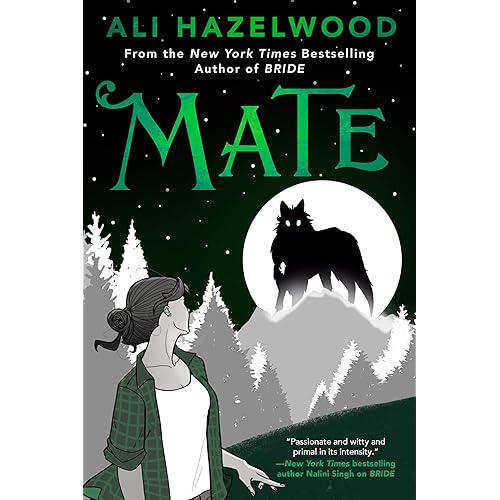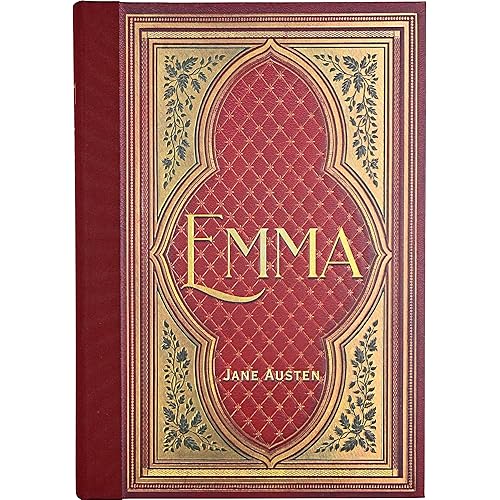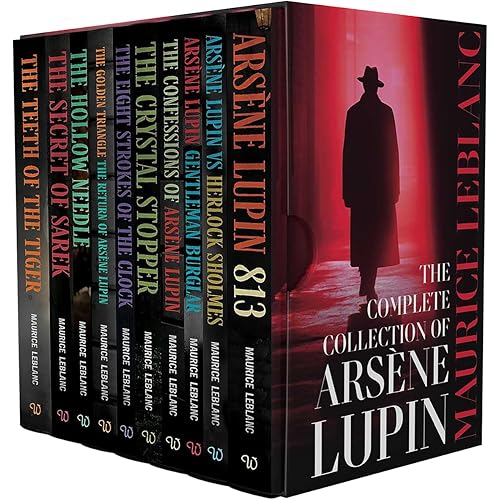

Buy Now, Pay Later
- – 4-month term
- – No impact on credit
- – Instant approval decision
- – Secure and straightforward checkout
Ready to go? Add this product to your cart and select a plan during checkout.
Payment plans are offered through our trusted finance partners Klarna, Affirm, Afterpay, Apple Pay, and PayTomorrow. No-credit-needed leasing options through Acima may also be available at checkout.
Learn more about financing & leasing here.
30-day refund/replacement
To qualify for a full refund, items must be returned in their original, unused condition. If an item is returned in a used, damaged, or materially different state, you may be granted a partial refund.
To initiate a return, please visit our Returns Center.
View our full returns policy here.
Description
Vanity Fair by William Makepeace Thackeray. Thackeray's upper-class Regency world is a noisy and jostling commercial fairground, predominantly driven by acquisitive greed and soulless materialism, in which the narrator himself plays a brilliantly versatile role as a serio-comic observer. Although subtitled 'A Novel without a Hero', Vanity Fair follows the fortunes of two contrasting but inter-linked lives: through the retiring Amelia Sedley and the brilliant Becky Sharp, Thackeray examines the position of women in an intensely exploitative male world. Read more
Publisher : Wordsworth Editions Ltd; Classic Edition (January 4, 1998)
Language : English
Paperback : 720 pages
ISBN-10 : 1853260193
ISBN-13 : 93
Item Weight : 15.2 ounces
Dimensions : 5.12 x 1.42 x 7.87 inches
Best Sellers Rank: #316,697 in Books (See Top 100 in Books) #8,414 in Classic Literature & Fiction #88,872 in Genre Literature & Fiction
#8,414 in Classic Literature & Fiction:
#88,872 in Genre Literature & Fiction:
Frequently asked questions
To initiate a return, please visit our Returns Center.
View our full returns policy here.
- Klarna Financing
- Affirm Pay in 4
- Affirm Financing
- Afterpay Financing
- PayTomorrow Financing
- Financing through Apple Pay
Learn more about financing & leasing here.

























